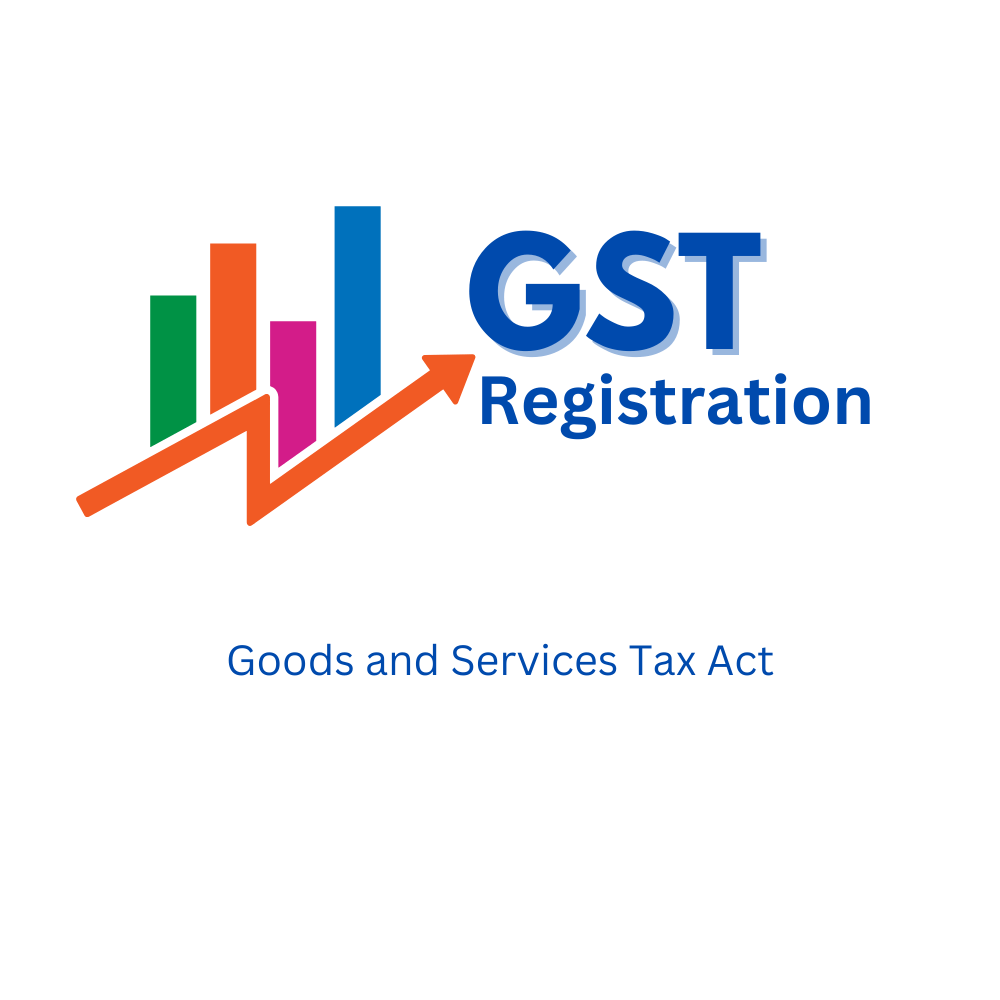Why Singapore GST Registration is Crucial for Your Start-up
Wiki Article
The Ultimate Guide to Simplifying the GST Registration Refine and Needs for Local Business Owners

Understanding GST Basics
To understand the fundamentals of the Item and Solutions Tax (GST) system, little service owners have to initially understand its underlying implications and principles. Under the GST regimen, services are required to accumulate and register tax on part of the government, ensuring openness and conformity.One of the vital concepts of GST is input tax debt, which allows businesses to declare debt for taxes paid on their purchases. Comprehending these basic principles is important for small business proprietors to browse the intricacies of the GST system and make sure compliance with the regulation.
Qualification Standards for Enrollment
Having actually developed a fundamental understanding of GST concepts, small company owners have to now satisfy certain eligibility requirements to wage the registration process. In India, entities involved in the supply of items or solutions with a yearly accumulation turn over surpassing Rs. 40 lakhs (Rs. 10 lakhs for special classification states) are required to register for GST. Additionally, particular businesses such as those involved in inter-state supply of items, informal taxed individuals, and those needed to pay tax under the reverse charge device need to register for GST irrespective of their turnover. Additionally, businesses that were signed up under the previous tax obligation routine (VAT, solution tax obligation, and so on) are likewise mandated to register under GST. Nevertheless, agricultural organizations that only supply create out of main production are excluded from GST registration. It is important for entrepreneur to thoroughly evaluate their eligibility based upon these criteria to make certain compliance with the law and prevent any fines for non-compliance.Files Needed for GST Enrollment

Simplified Registration Process Actions
Adhering to the collection and confirmation of the requisite files, the registration procedure for GST can be browsed with a series of streamlined steps designed to promote effective compliance for local business proprietors. The very first step entails going to the GST portal and choosing the 'New Registration' alternative. Consequently, the applicant must fill out Part more helpful hints A of the GST REG-01 form with information such as PAN, mobile number, and email address to acquire an OTP for confirmation. When the OTP is gotten and entered, a Short-term Referral Number (TRN) is created for further process. The next action requires filling up out Part B of the type with required organization details, posting supporting records, and completing the verification procedure using DSC or EVC. Upon successful confirmation, an Application Reference Number (ARN) is provided, showing the completion of the GST registration procedure. By following these simplified steps, small company proprietors can effectively register for GST and make sure conformity with tax obligation policies.Tips for Ensuring Compliance
To keep regulative adherence and operational integrity, diligent oversight and proactive actions are crucial in making certain conformity with GST demands for little company proprietors. Small company proprietors have to stay upgraded with GST guidelines, filing target dates, and any kind of adjustments in tax rates to avoid fines and maintain a great standing with tax authorities. One vital suggestion for conformity is to maintain detailed and exact records of all transactions, consisting of invoices, costs, and billings connected to GST. Regularly resolving financial documents with GST returns can aid in identifying and rectifying any kind of inconsistencies without delay. Furthermore, performing regular inner audits or seeking specialist assistance can make sure that the business is complying with all GST rules properly. It is additionally essential for small company owners to buy GST-compliant accounting software application that can simplify the tax filing procedure and decrease mistakes. Lastly, going to GST understanding workshops or training programs can boost understanding and compliance with GST policies, eventually profiting business over time.
Final Thought
Finally, local business proprietors need to understand the essentials of GST, fulfill the qualification requirements, gather essential records, and adhere to the simplified registration process steps to make sure compliance. By streamlining the GST enrollment procedure and needs, local business owners can avoid penalties and run their organizations smoothly within the legal structure - Singapore GST Registration. It is vital for little company proprietors to remain compliant and enlightened with GST guidelines to maintain an effective company procedureLittle business proprietors looking for GST enrollment should ensure they collect and submit the needed files to finish the registration process successfully. The files needed for GST registration commonly include evidence of company enrollment or consolidation, FRYING PAN (Long-term Account Number) card of the organization address, identity and entity proof of the promoters/partners/directors, pictures, address proof of the location of organization, Homepage bank account declarations or terminated cheques, and authorization types. Attending GST understanding workshops or training programs can boost understanding and conformity with GST policies, inevitably look at this now benefiting the service in the lengthy run.
By simplifying the GST registration process and needs, tiny company proprietors can prevent fines and operate their companies efficiently within the lawful structure. It is essential for little organization proprietors to stay certified and informed with GST regulations to preserve an effective organization procedure.
Report this wiki page